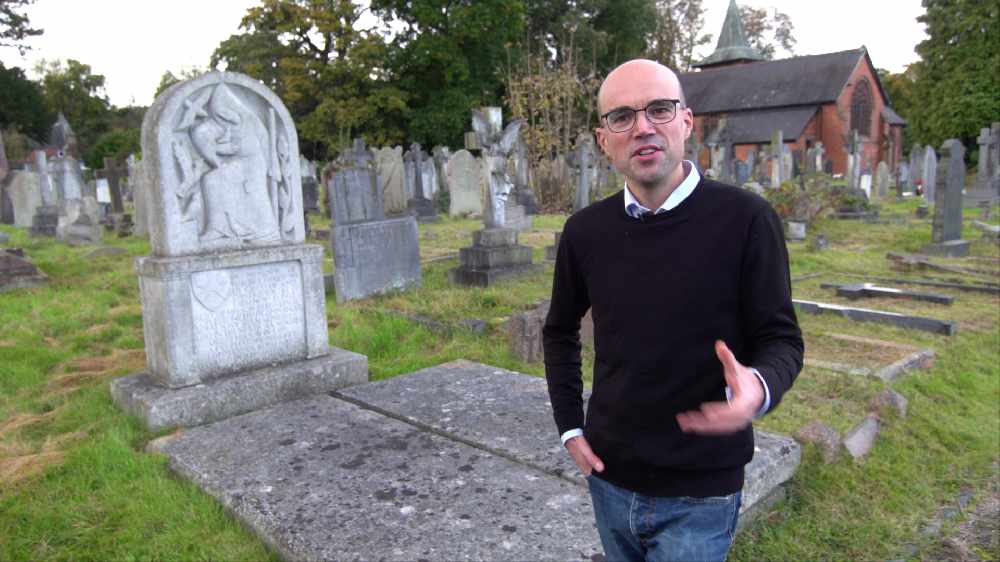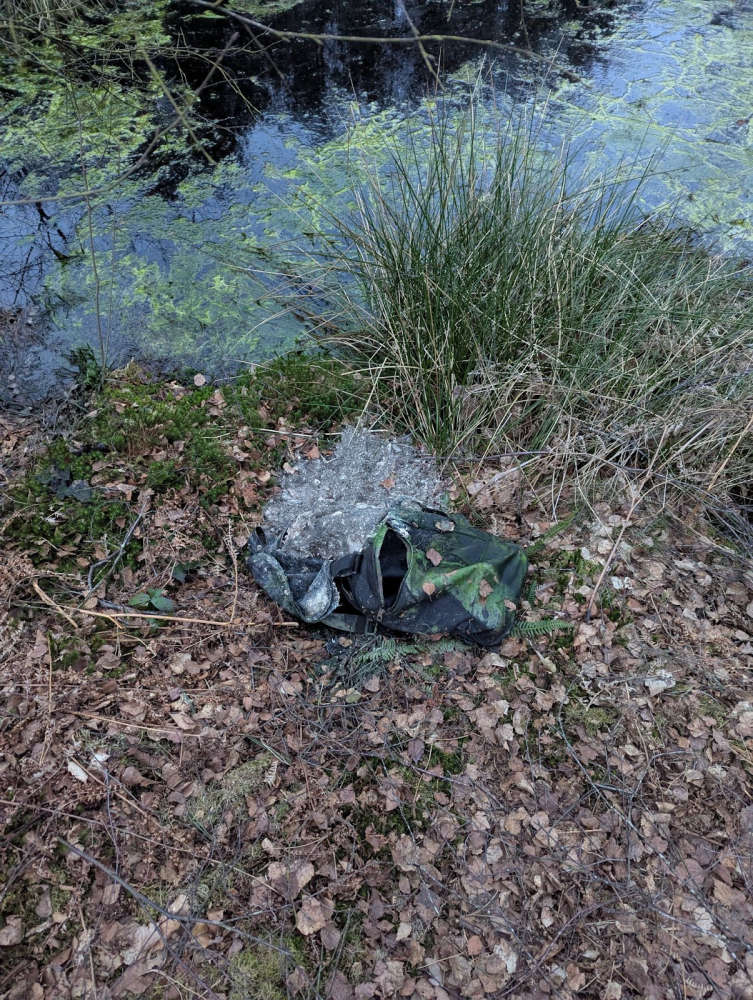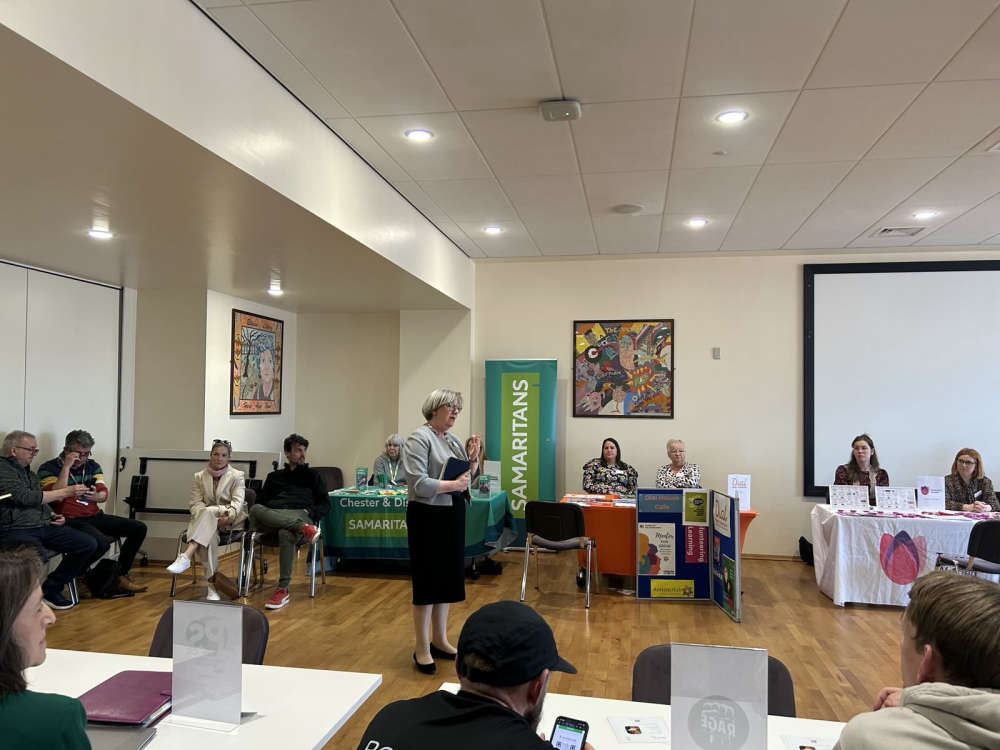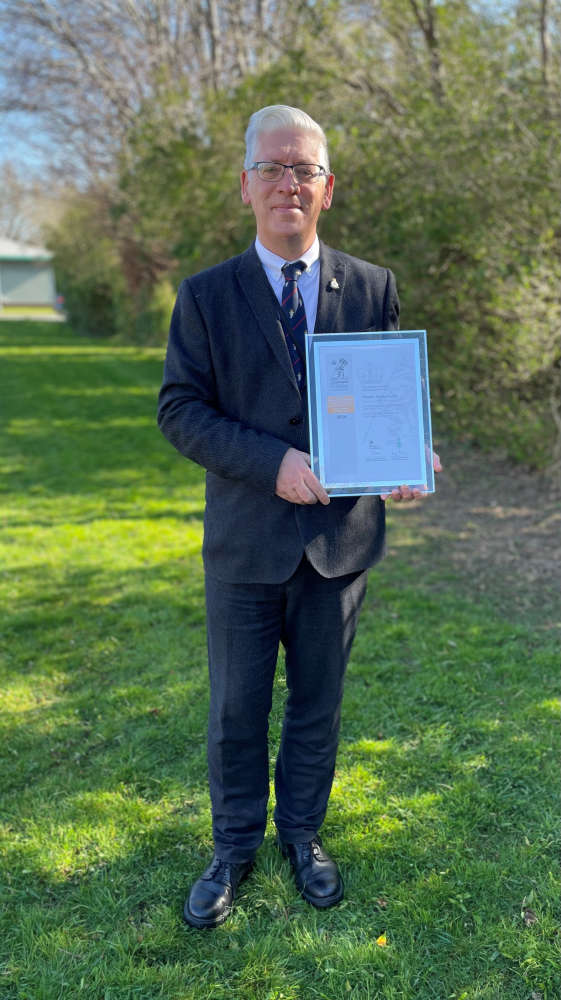
An alternative view of Chester’s world war story has been shared in a blog post, and video, by a University of Chester Professor, ahead of this year’s Remembrance Sunday.
Professor Tim Grady is Professor of History, and an expert on the history of Germany in the First World War, and 20th-century Jewish History.
In World War One, almost 3,000 German prisoners - military and civilians – died in British captivity. Professor Grady is keen to highlight some of the stories of those who died in Chester at the time, and how, because of where they were from, remembering them has been a more complicated process.
They include a German who hadn’t even been a soldier. Walter Sick had travelled to England in 1910, seeking work as a cook. He eventually settled in Manchester with his English wife and child. As Professor Grady explains in his blog: ‘with the outbreak of hostilities, Sick was arrested as an ‘enemy alien’ and interned in Queensferry camp, near Chester. He soon became ill with appendicitis and died in Chester Infirmary in November 1914.’
A second German to die in Chester was Rudolf Noack. He was a young soldier captured on the Western Front, who was taken to Handforth prisoner of war camp in East Cheshire. Noack also died of appendicitis in Chester Infirmary, five years later, in November 1919.
As Professor Grady explains: “Both Sick and Noack were buried in Overleigh Cemetery, but if you visit today, their graves are nowhere to be seen. In theory, their bodies would have been exhumed in the 1960s to the new German Cemetery on Cannock Chase. The German War Graves Commission designed this new cemetery to be a central place of remembrance for all of the German dead of the two world wars. It now contains almost 5,000 bodies, but neither Sick nor Noack are listed in the burial records there either. The pair died in Chester over 100 years ago and in all likelihood their remains are still in the city today. In the First World War, even in Cheshire, people died far from their country, their home and their loved ones, destined to remain forever in Chester.”
Professor Grady says he was moved to share this story to reflect that most British towns and cities reveal a complex history of war and loss. “Chester’s hidden history of war is not unique. All we need to do is to turn our gaze away from the centre and focus just as much on the overlooked margins. If we do this, then we will better understand that the two World Wars were not British conflicts, but in fact global ones.”
Pictured - Professor Tim Grady

 Appeal to help locate missing man from Neston
Appeal to help locate missing man from Neston
 University of Chester student-run events raise £2,400 for charity
University of Chester student-run events raise £2,400 for charity
 Jodrell Bank Presents: A Stitch in Space Time
Jodrell Bank Presents: A Stitch in Space Time
 Appeal for information after dead dog found in duffle bag
Appeal for information after dead dog found in duffle bag
 Chester and Wirral Football League - Weekend Round Up
Chester and Wirral Football League - Weekend Round Up
 POPULAR CHESTER BUSKER RETURNS TO TOWN HALL STAGE FOLLOWING CONCERT SUCCESS
POPULAR CHESTER BUSKER RETURNS TO TOWN HALL STAGE FOLLOWING CONCERT SUCCESS
 Housing and Support Fayre Helps Chester North & Neston Residents Access Vital Services
Housing and Support Fayre Helps Chester North & Neston Residents Access Vital Services
 Successful local hospital liver cancer screening service continues to expand
Successful local hospital liver cancer screening service continues to expand
 POPULAR CHESTER BAR CELEBRATES 25th ANNIVERSARY WITH SPECIAL LEGO MODEL
POPULAR CHESTER BAR CELEBRATES 25th ANNIVERSARY WITH SPECIAL LEGO MODEL
 Cheshire Digital Agency Fly High Media Shortlisted for European Search Award
Cheshire Digital Agency Fly High Media Shortlisted for European Search Award
 Blues Match Report: Hereford 2 - 2 Chester FC
Blues Match Report: Hereford 2 - 2 Chester FC
 Blues Match Preview: Hereford v Chester FC
Blues Match Preview: Hereford v Chester FC
 Ten arrested for drugs offences following warrants in Chester
Ten arrested for drugs offences following warrants in Chester
 Suspended prison sentence and indefinite ban for Cheshire man who abused his dog
Suspended prison sentence and indefinite ban for Cheshire man who abused his dog
 Recovered Stolen Items
Recovered Stolen Items
 Man charged in relation to courier fraud
Man charged in relation to courier fraud
 Police to target criminal use of Cheshire’s roads
Police to target criminal use of Cheshire’s roads
 Council awarded Gold Armed Forces Award
Council awarded Gold Armed Forces Award